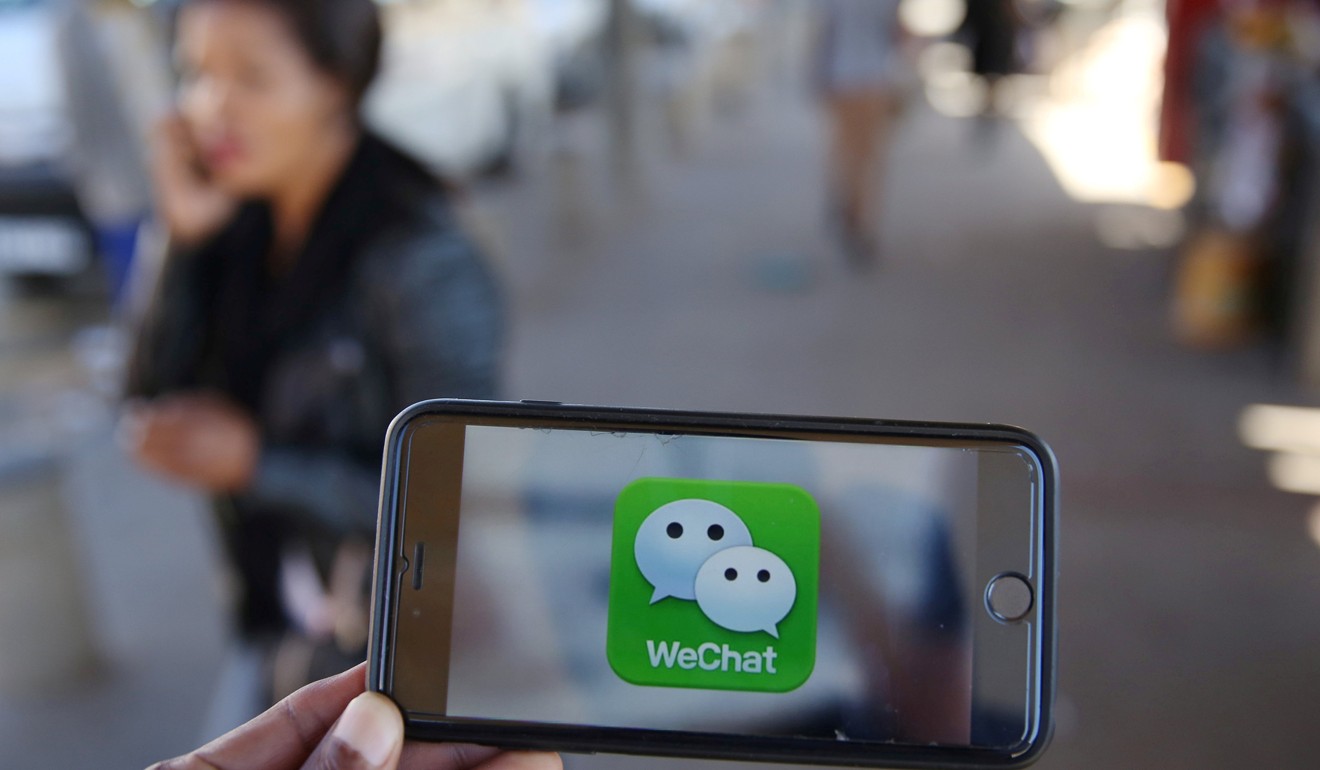
Is social media bad for you? Yes, but we still love it, say Chinese
New Kantar survey shows nearly 90 per cent of mainland users recognise negative impacts of social media, but overall satisfaction levels are up

Deteriorating eyesight, sleeplessness and a lack of concentration may not necessarily suggest you are ill.
They could just be signs of “social media syndrome” – a tendency to live your life through your online interactions – according to new research which found a growing number of China’s 700 million plus internet users recognise the potential impact on their health of extensive use of platforms such as WeChat and Weibo.
But, the study shows, the mainland’s swelling army of social media addicts have no intention of quitting just yet.
Almost 90 per cent of mainlanders surveyed by Kantar, a data investment management division of consultancy group WPP, said they were aware that social media use could have negative effects which included “reading less books, health and privacy concerns”, an increase of 4 percentage points from 2016.

“The research methodology on the ‘satisfactory’ score is different from previous years. But we can still see that people’s satisfaction rate over social media is higher,” said Ryan Li, general manager of media and consumption behaviour research at CTR, which led that part of the survey.
“WeChat’s growth has already slowed in China. It is the comeback of Weibo among younger users that is driving the increase in overall satisfaction.”
The findings, which are based on several surveys conducted in the spring of 2017, were released on Tuesday, the fourth time Kantar has published its annual social media impact report in China.
Compared with older generations, young people aged between 18 and 27 are more aware of the potentially negative impact of social media, the results indicated.
Apart from complaining about “negative values online” and “loss of concentration”, young people in China also tend to believe their friends “live a better online life” – another harmful impact.
Almost 90 per cent of the 2,000 respondents said they have taken actions to “control the damage” associated with social media use, mainly self-discipline measures such as limiting the time spent online. Still, they find it impossible to stay away from social media because they see the benefits as outweighing any detrimental effects.
“Knowing what is going on with my friends” (70 per cent),”getting to know new hot topics” (69 per cent) and “broadening my scope of knowledge” (61 per cent) were the most commonly cited positive impact of social media.
WeChat, Tencent Holdings’ ubiquitous social app that has more than 900 million monthly active users, scored the highest for ‘satisfaction’ among all social media in China at a rate of 83.5, well above the average.
While its daily active user base keeps increasing, WeChat’s popularity among 18 to 25 year olds saw a slight decrease as its penetration rate in that age group fell to 86.6 per cent from 94.1 per cent.
Weibo, a Twitter-like service in China, also stood out with a satisfaction score of 78.2, thanks to its appeal with users who were born in the 1990s, according to Kantar.